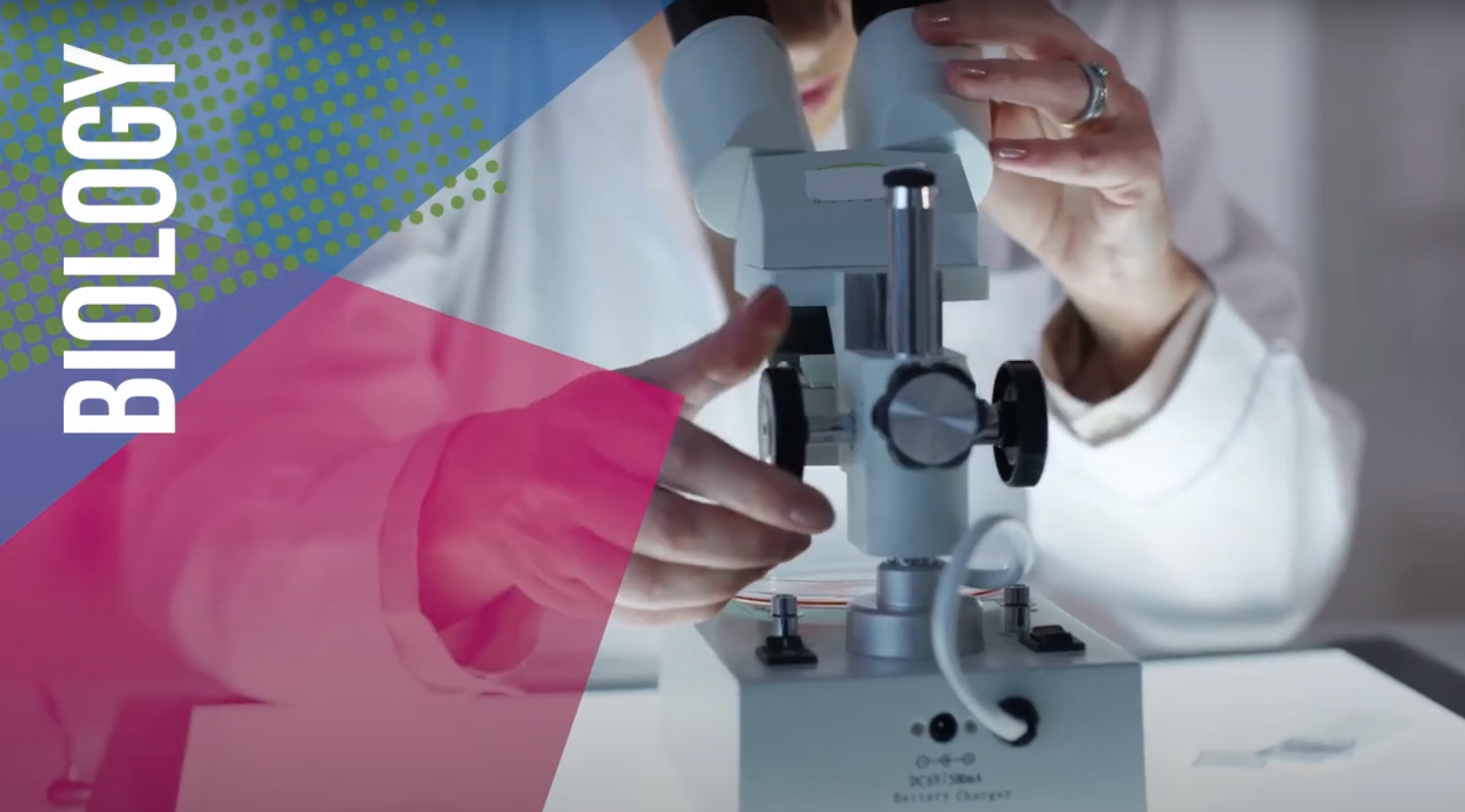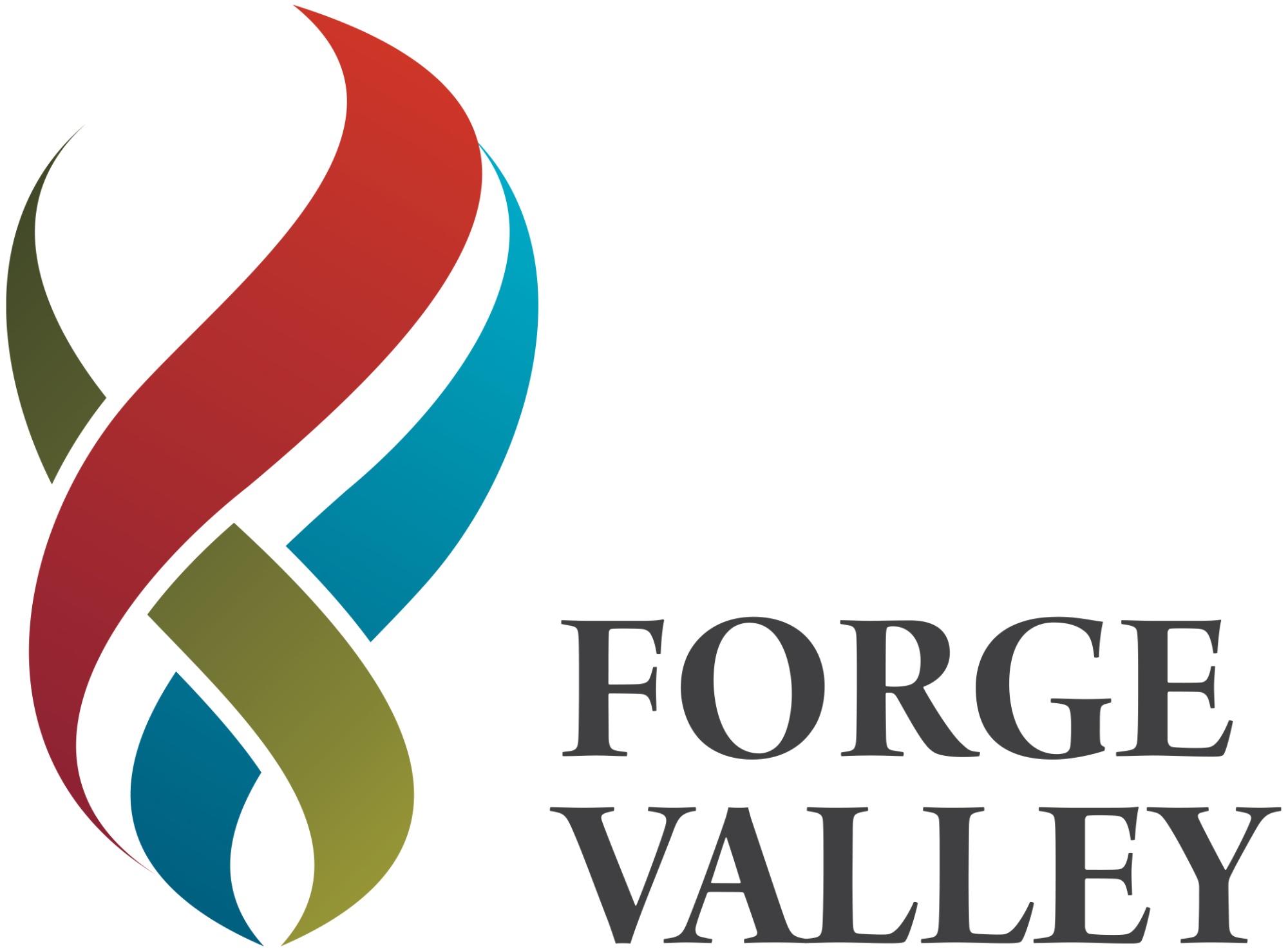Science: Biology (A Level)

The word biology is derived from the Greek words bios meaning life and logos meaning study and is defined as the science of life and living organisms.
Aspects of biological science range from the study of molecular mechanisms in cells, to the classification and behaviour of organisms, how species evolve and interaction between ecosystems.
Biology often overlaps with other sciences; for example, biochemistry and toxicology with biology, chemistry, and medicine; biophysics with biology and physics; stratigraphy with biology and geography; astrobiology with biology and astronomy.
Future Opportunities
A Level Sciences are still widely revered as an indication of students' higher level academic abilities by employers and educational providers.
Biology provides a solid background for most Natural Science degree programmes and is also ideal for those thinking about a career in the caring professions.
A Level Biologists have a wide variety of options when choosing what to study at university. Although Biology A Level is not a direct prerequisite for Medicine and Biomedical studies, it is advisable to study.
What are the entry requirements?
Five or more GCSEs Grade 9-4, including English. Grade 66 in combined science or Grade 6 in Biology plus Grade 5 in Maths.
Links to other subjects
We recommend that students consider selecting Chemistry and/or Psychology A Levels to complement their studies in Biology. However, Biology can also be taken as a separate Science subject as part of a broader curriculum.
What will I Study?
You will cover a wide range of topics and lessons will be a mixture of theory and practical.
Year 1
- Biological Molecules
- Cells
- Organisms exchange substances with their environment
- Genetic information, variation and relationships between organisms
Year 2
- Energy transfers in and between organisms
- Organisms respond to changes in their internal and external environments
- Genetics, populations, evolution and ecosystems
- The control of gene expression.
How will I be assessed?
Understanding and learning will be assessed through written exams at the end of Year 13. There will be three papers which test your knowledge as well as your practical skills. Practical abilities will be assessed and reported on your certificate as the Practical Endorsement for Biology.
FAQs
What is the average class size?
The average class size is between 10–15 students in Y13 and between 15-20 in Y12. This means there is more dedicated time to meet each individual student's needs.
Are the teachers specialists in the subject area?
Yes, the teachers of Biology have many years of experience in teaching A-Level Biology.
How successful have previous students been in this subject?
We have had successful Oxbridge candidates who have gone on to study Natural Sciences. A lot of students successfully apply to Russell Group universities, going on to do a wide range of courses from Medicine, Biomedical Science, Nursing and Dentistry to Psychology and Criminology.
What other subjects compliment this course?
Chemistry, Physics, Psychology, Geography, Sport Science and Mathematics compliment Biology.
Will studying this subject allow me to go to university?
Having an A-level in Biology opens up a huge network of university courses. Biomedical Sciences, Biochemistry, Dentistry, Dietetics, Earth Sciences, Environmental Science, Forensic Science, Geology, Medical and Veterinary Science, Medicine, Nursing, Pharmacy, Physiotherapy, Sports Science, and many more.
What careers can the subject lead to?
Students that study Biology often apply for courses such as Medicine, Veterinary nursing and medicine, Dentistry, Nursing and Pharmacy. Students have also pursued careers in sustainability and conservation, the study of disease, genetic engineering, stem cell research, food production, physiotherapy, sport science, nutrition, advising governments on science policy, communication, teaching, research and lecturing.
